
Should Christians Use Drugs?
Christians should assess drug use's impact on growth and spirituality, balancing moderation and personal convictions. Emphasizes personal choice, responsibility, and faith over rules.

Christians should assess drug use's impact on growth and spirituality, balancing moderation and personal convictions. Emphasizes personal choice, responsibility, and faith over rules.

Social media amplifies body image issues, pressuring conformity to unrealistic standards. Embrace individuality, faith, and self-worth beyond appearance, fostering true connections.

Shawn's teaching compares Mormonism and atheism, emphasizes openness to diverse beliefs, explores election skepticism, and envisions a future led by youth and truth.

Faith in Christ varies culturally; Shawn critiques Mormonism, promotes free thinking, open dialogue, and challenges Calvinism's determinism, emphasizing freedom in faith.

Shawn's teaching highlights the tension between faith and politics, urging Christians to balance civic duties with spiritual priorities, prioritize Christ's teachings, and encourage independent thinking.

Shawn predicts a narrow Trump win, highlights voting reforms, advocates for state rights, open dialogue, and optimism in politics, emphasizing faith and respect.

Shawn stresses church-state separation, urging Christians to vote by conscience, not religious mandates. Open dialogue and respect for diverse views are key, avoiding political manipulation.

The teaching highlights the tension between personal faith and church attendance, emphasizing genuine community and spirituality beyond traditional structures and rituals.

Christianity centers on accepting Jesus as Savior, living His teachings, and personal faith beyond church. Church aids growth but isn't essential; focus on love, not legalism.

Christianarchy podcast explores diverse Christian perspectives, focusing on youth issues and personal faith over rituals, challenging traditional views and stereotypes.
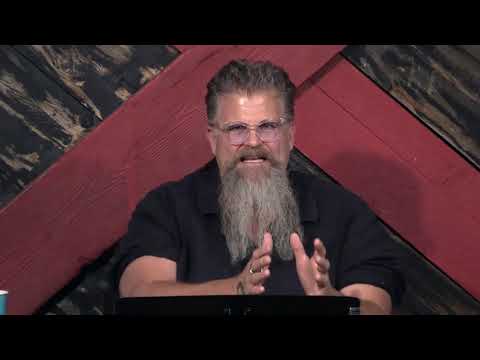
Shawn critiques Pride Month, advocating humility over pride in inherent traits. He supports LGBTQ+ inclusion within community, emphasizing humility in faith over self-exaltation.

Shawn's teaching highlights time allocation as a reflection of our hearts, stressing intention and conduct over actions, shaping our eternal existence through daily choices.
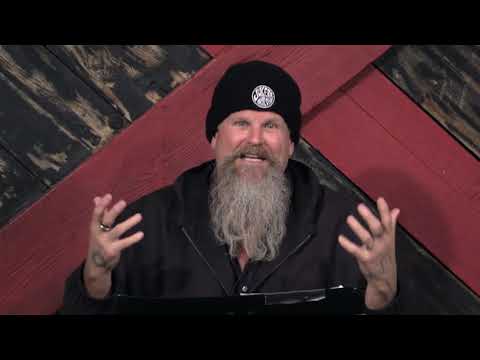

Christian art transcends religious imagery, exploring deep spiritual themes in forms like film, art, and music. Shawn's "Epistemology 3" delves into creation and life.
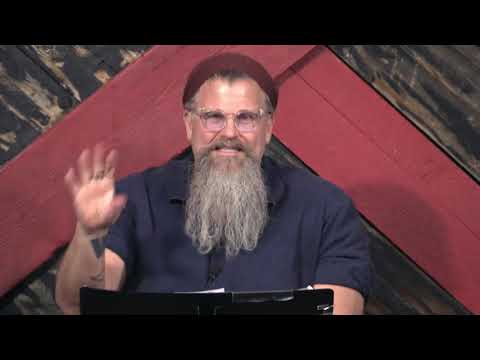
Hell, an Old Testament concept, is resolved by Jesus' victory, making it irrelevant. The choice now is life with or without God, not eternal torment.
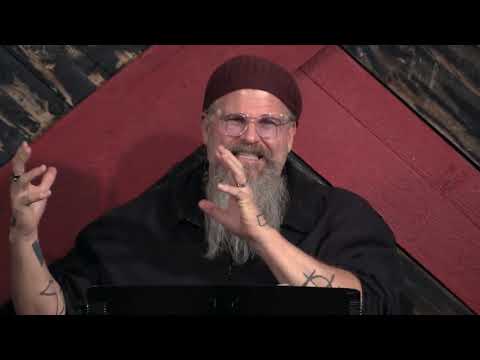
The teaching contrasts Pelagianism, Arminianism, and Calvinism on original sin, favoring Arminianism's view of sin nature over inherited guilt, highlighting Jesus' divine lineage.
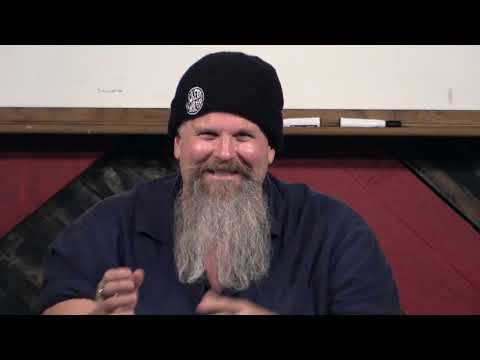
Emphasize faith and gratitude over sin; recognize grace covers sin, reducing wrongdoing and fostering trust in redemption, freeing us from sin's burden.
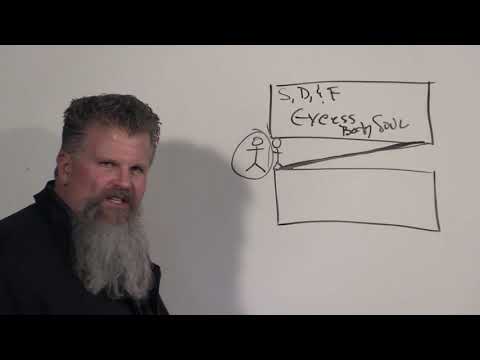
Spiritual transformation in Christianity involves releasing worldly desires, embracing self-denial, nurturing compassion, and selflessness for a meaningful life.

Shawn's teaching on Christianity's fourth dimension highlights spiritual rebirth through Jesus, aligning with the Beatitudes, emphasizing humility, mercy, and spiritual growth.

"Fourth Dimension Christian" teaching focuses on spiritual renewal, aligning body, soul, and spirit, transcending mind-driven life, achieving joy through Jesus' transformative encounter.
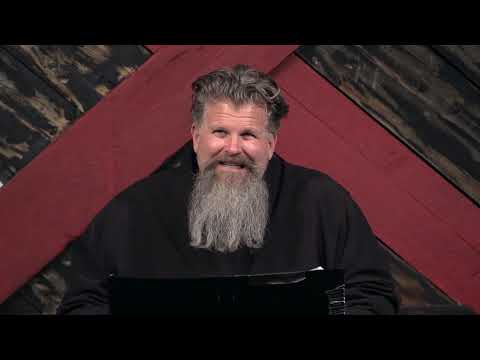
Shawn critiques "biblical worldview" for inconsistency, advocating a "spirit worldview" focused on love and the Spirit's fruits for a more authentic biblical essence.
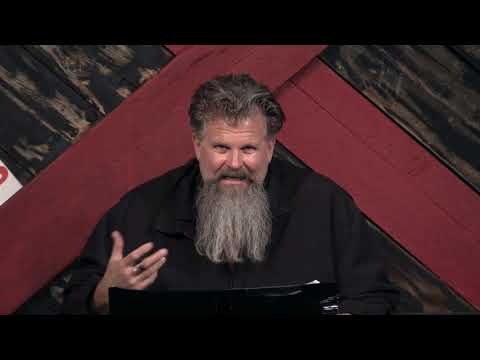
William James highlights spiritual rebirth in religions, noting Christianity's unique link to forgiveness and new life through faith in Jesus, unlike other transformations.
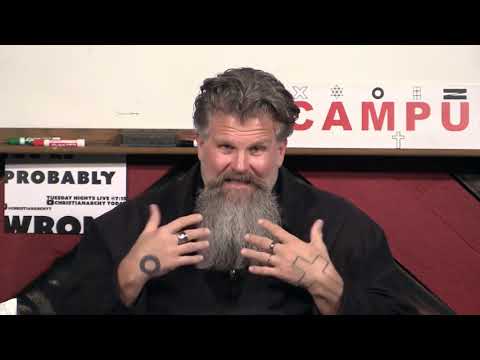
Distinguish good/bad faith by basing beliefs on evidence, facts, logic, and reason, not unsupported views. Align faith with reason and corroborative testimony.
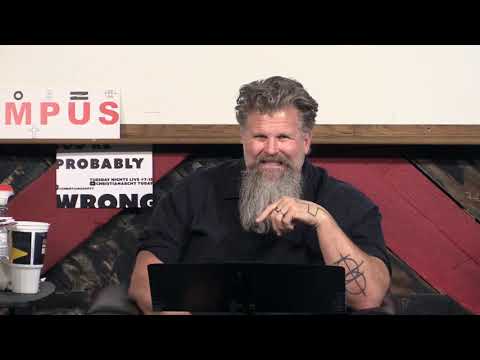
Christianity focuses on God's unconditional love and eternal life through Jesus, inspiring peace, love, and forgiveness, not fear of punishment or hell.

Jesus uses parables in Luke 15 to show heaven's joy over one repentant sinner, emphasizing the value of the lost and urging believers to reclaim them.

Christianity values words for faith and worship, but actions like justice, mercy, and humility fulfill God's commandments, as shown in Micah and Jesus' teachings.
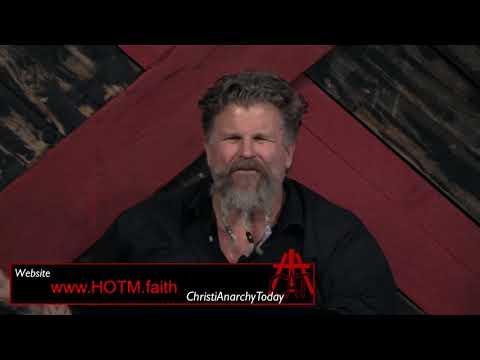
Christianity prioritizes a personal relationship with God over deeds, akin to a cross's vertical post. Believers should focus on God's love, not politics or culture.


Christianity focuses on love, viewing struggles as spiritual, not against others' beliefs. It promotes love through prayer, faith, and service, avoiding ideological conflicts.
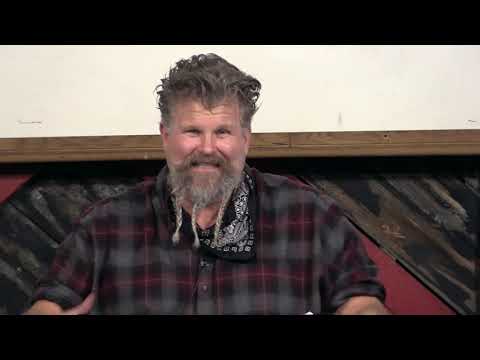
Cultural rhetoric promotes self-expression and introspection, transcending norms, reflecting unique narratives, blending history with modernity, and celebrating diverse storytelling.